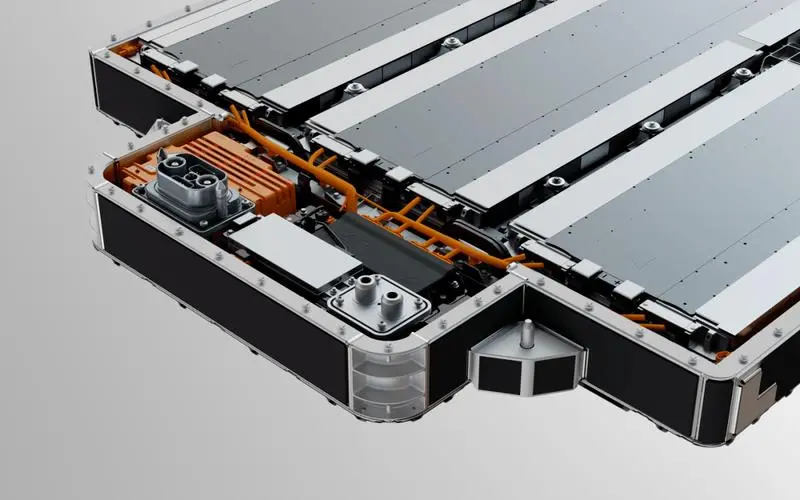 |
Welcome To Evlithium Best Store For Lithium Iron Phosphate (LiFePO4) Battery |
 |

Electric vehicles (EVs) are gaining significant traction due to their increasing affordability and popularity. They offer a range of advantages over traditional vehicles, including reduced emissions, lower fuel and maintenance costs. Nevertheless, the full-scale adoption of EVs faces obstacles, primarily in battery technology.
Most EVs rely on lithium-ion batteries, comprising different materials for the cathode, anode, and electrolyte. The cathode material dictates battery performance metrics such as energy and power density, cycle life, and safety. Common cathode materials for EV batteries encompass nickel-manganese-cobalt (NMC), nickel-cobalt-aluminum (NCA), and lithium iron phosphate (LFP).
However, each material has its drawbacks. NMC and NCA batteries boast high energy and power density, offering longer range and quicker acceleration. Yet, they suffer from shorter cycle life, lower safety, higher costs, and environmental impact due to scarce and expensive metals like nickel and cobalt.
Conversely, LiFePO4 batteries exhibit lower energy and power density, resulting in shorter range and slower acceleration. However, they compensate with longer cycle life, heightened safety, lower costs, and environmental friendliness, using abundant materials like iron and phosphate.
LiFePO4 batteries overcome several challenges faced by other lithium battery types and enhance EV performance and reliability. Their advantages for EVs include faster charging, higher power density, reduced weight, and increased safety compared to other lithium battery types.
These batteries enable faster charging due to lower internal resistance and better thermal stability. Additionally, they provide higher power density and lower weight, contributing to improved acceleration and reduced vehicle weight. Moreover, their enhanced safety features decrease the risk of overheating or explosion, ensuring a more secure driving experience.
Leading EV manufacturers such as Tesla, BYD, and Renault have recognized these advantages and incorporated LFP batteries into their models, especially in the lower and mid-range segments. For instance, Tesla has transitioned to LFP batteries for its Model 3 Standard Range Plus in several markets, while BYD has been utilizing LFP batteries for its e6 and e5 models since 2015, and Renault since 2012 for its Zoe.
LiFePO4 batteries not only suit EVs but also find applications in energy storage, backup power, and portable devices. They offer reliable, efficient, and safe power for various systems, including solar panels, chargers, and power banks. Moreover, their longer lifespan and lower environmental impact make them conducive to recycling and reuse.
In summary, LiFePO4 batteries represent the future of EVs by addressing challenges posed by other lithium battery types, elevating performance, and ensuring reliability. Their potential extends beyond EVs, finding utility in diverse applications such as energy storage and portable power. As major EV manufacturers embrace LFP technology, it's likely to garner increased popularity and market share in the foreseeable future.
Edit by editor
Last Update:2023-12-20 16:14:58
All Rights reserved © 2026 Evlithium Limited